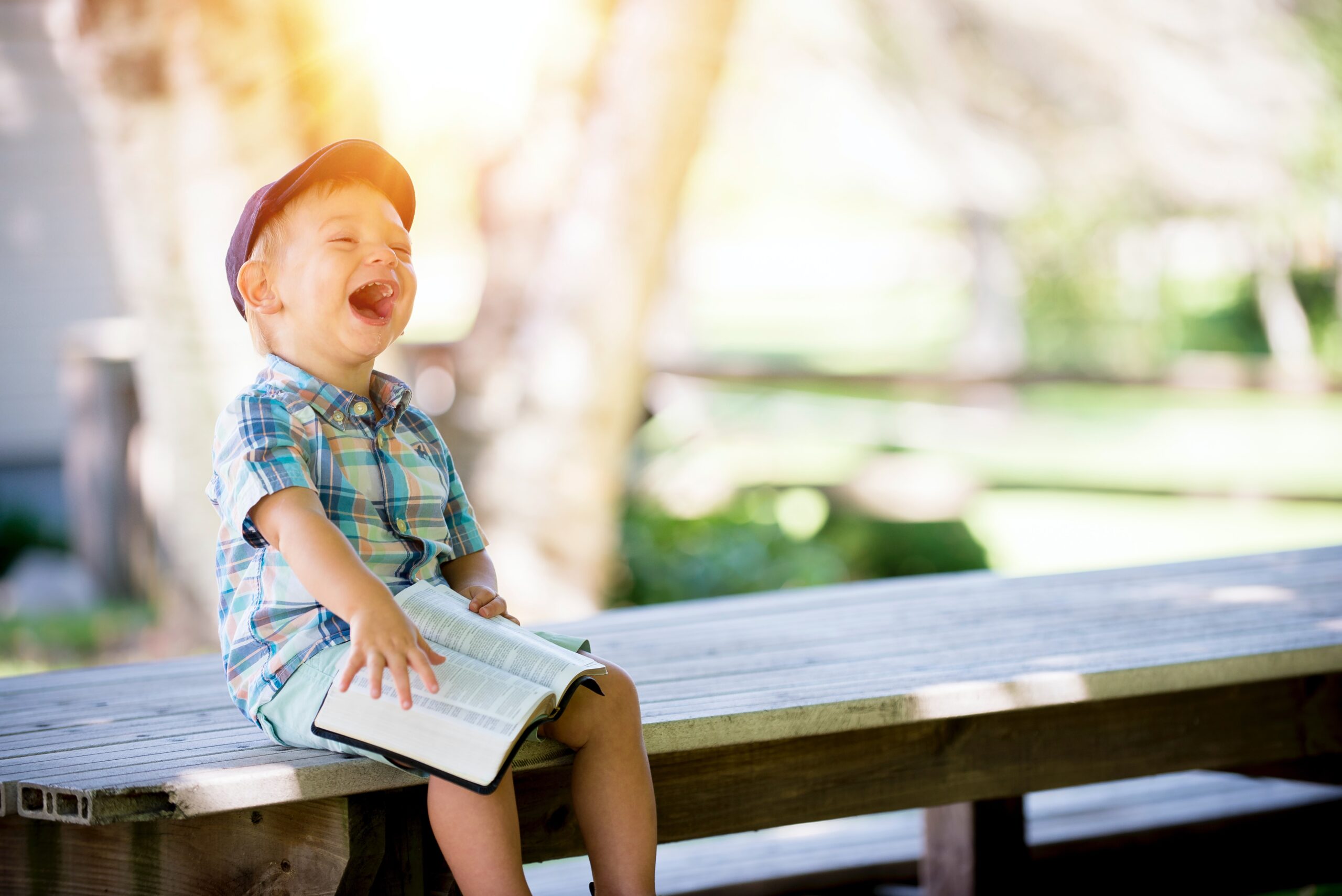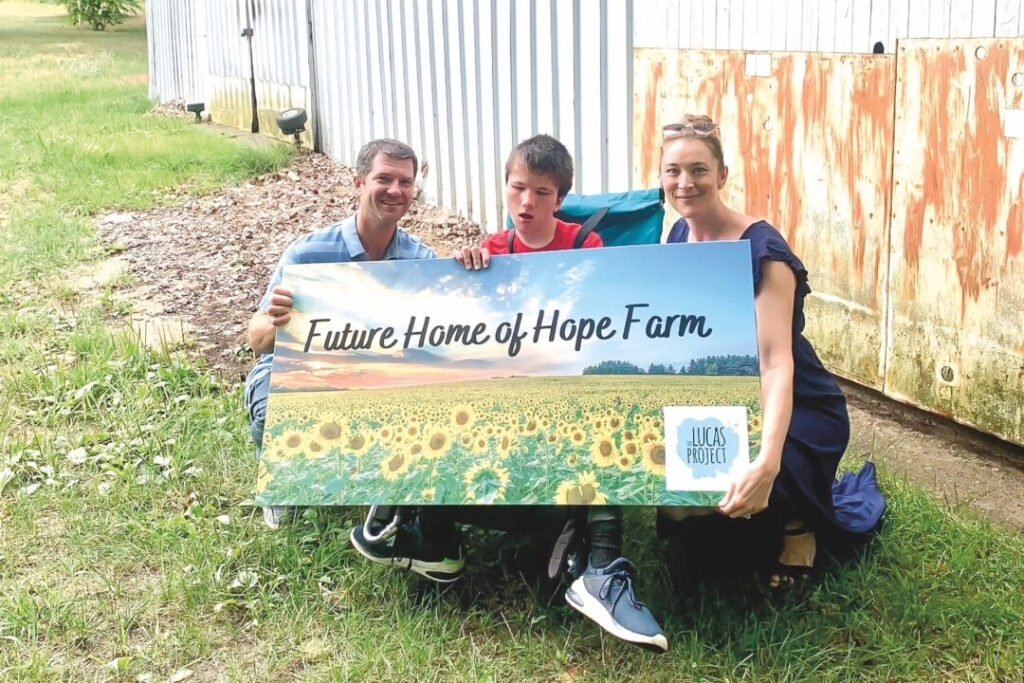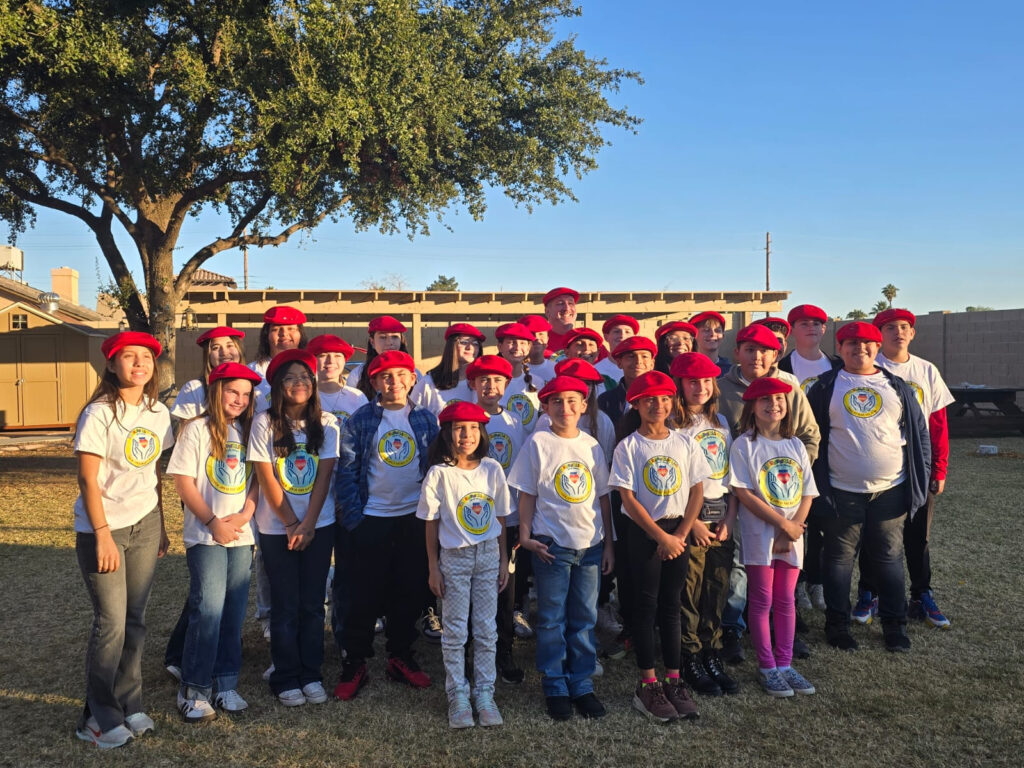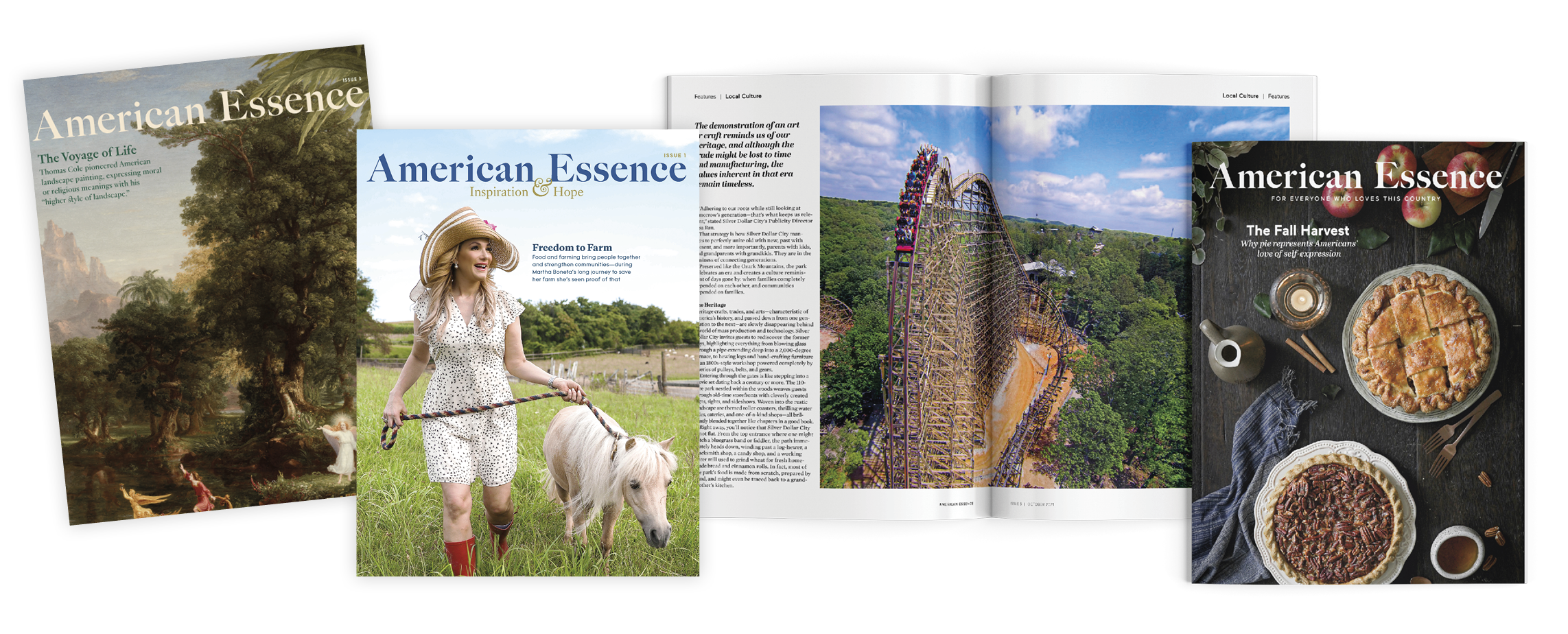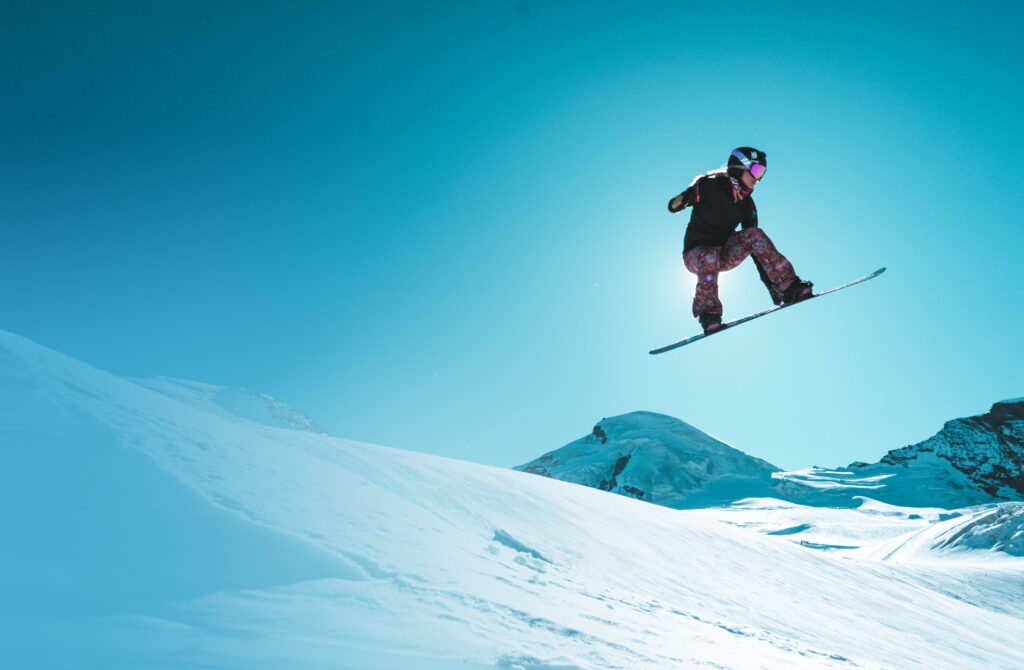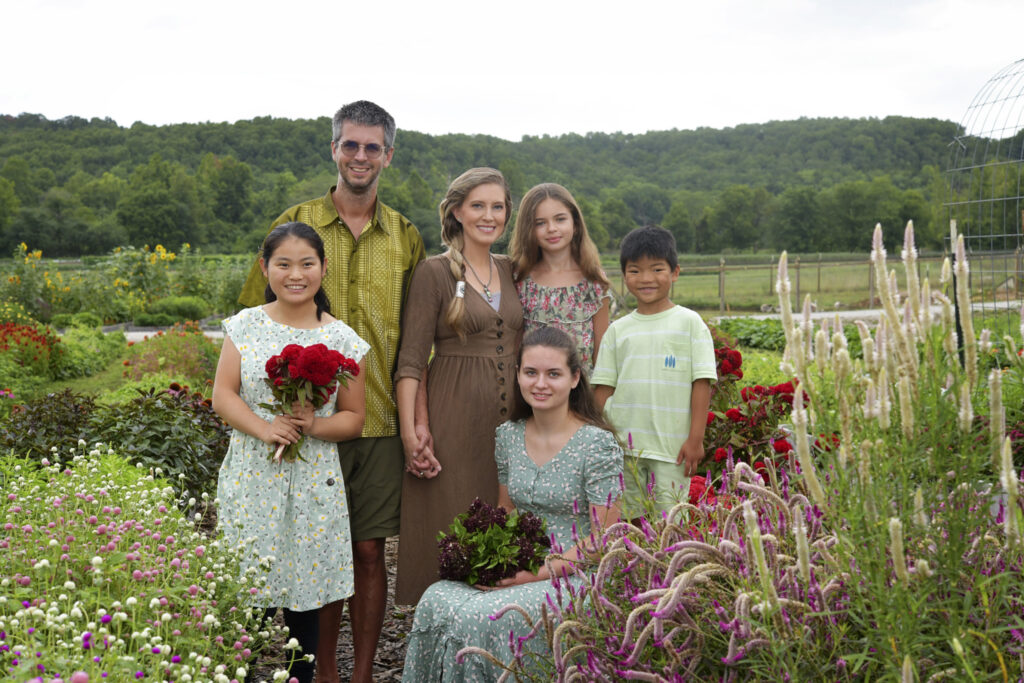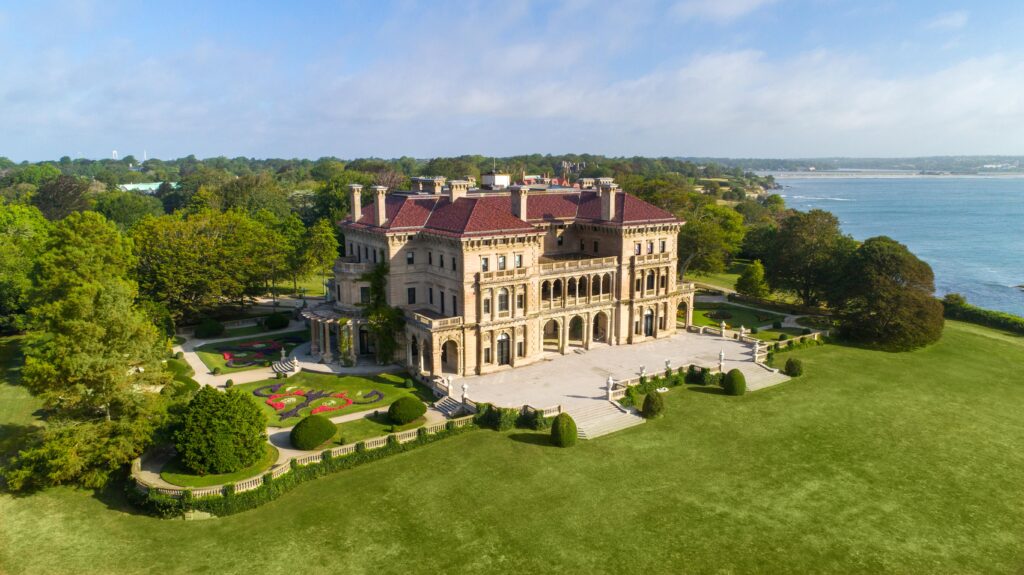My friend Ann, a veteran mother of four, has one piece of parenting advice she passes out consistently to frazzled new parents, particularly if they happen to have a fussy baby: “Get out of the house. Put that baby in a stroller and get outside. Outside changes everything.” She’s right.
Outside really does change everything, especially in today’s world when, by some calculations, up to 90 percent of our lives now happen inside. And each year we spend more than 1,000 hours in front of a screen. It’s an insidious change from the way people traditionally lived their lives, and it’s not for the better. Happily, some folks are beginning to notice.
In his 2005 international bestseller “Last Child in the Woods: Saving Our Children from Nature-Deficit Disorder,” Richard Louv discusses the importance of being outside and interacting with our natural world. “Now more than ever, we need nature as a balancing agent,” he says. Turns out the benefits are myriad, but here’s my top five.
Improve Mental Health
With so much anger, anxiety, and stress happening indoors, simply stepping outside can be an easy antidote. While it isn’t guaranteed to cure all your problems, breathing fresh air and observing nature has definite mental health benefits.
Follow the science: Sunshine is a natural mood-lifter because it boosts the body’s serotonin levels. Serotonin helps stabilize moods and keeps people calm and focused. Outdoor time also decreases hyperactivity in children. As Louv said, “The woods were my Ritalin. Nature calmed me, focused me, and yet excited my senses.”
Follow the logic: Outdoors, children can run and yell, jump and climb; it’s an easy, healthy, all-natural way to burn off excess energy, so much so that children diagnosed with ADHD who spend more time outdoors tend to have milder symptoms.
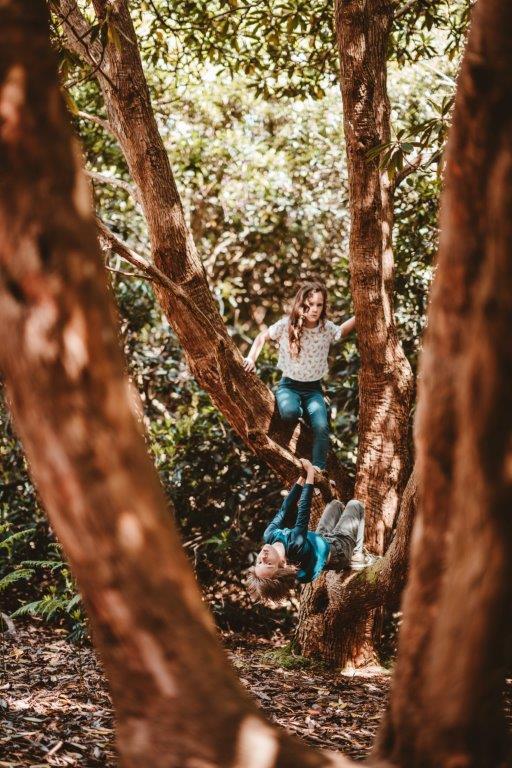
Improve Physical Health
It’s important to prioritize the time we spend outdoors. “Time in nature is not leisure time; it’s an essential investment in our children’s health (and also, by the way, in our own)” Louv says. Perhaps that’s because there’s just something about being outside that naturally encourages people to be active.
My plan to relax on the front porch turned into an evening weeding the flower bed—working up a sweat and pulling a sizeable pile of weeds. Turns out being physically tired helped me fall asleep more quickly and sleep better throughout the night.
But the health benefits of being outside don’t stop there.
Sunshine (again!) helps rev up the vitamin D levels, which are critical for a healthy functioning immune system. Plus, those same vitamin D levels also build strong bones and muscles. Outdoor exercise—particularly weight-bearing exercise such as biking, walking, hiking, or climbing—increases strength and endurance even more. Dealing with the changing terrain of the natural landscape improves balance.
There are other, more unexpected health benefits of being outdoors. Optometrists know our eyes aren’t made for screens, and excess time staring at tablets, phones, and computers leads to dry eye and eye strain. Nature provides ample opportunities to exercise our farsighted muscles and build depth perception as we look at things 20 feet or 200 feet or even 2,000 feet away.
Build Confidence
Beyond the mental and physical benefit of being outside, a life spent with nature changes us in many positive ways, perhaps because the things we accomplish outdoors are real—not virtual—and so are the rewards.
Encountering a bear or a mountain lion on the trail and living to tell the tale is about as real and confidence-building as it gets. As Louv says, “The pleasure of being alive is brought into sharper focus when you need to pay attention to stay alive.”
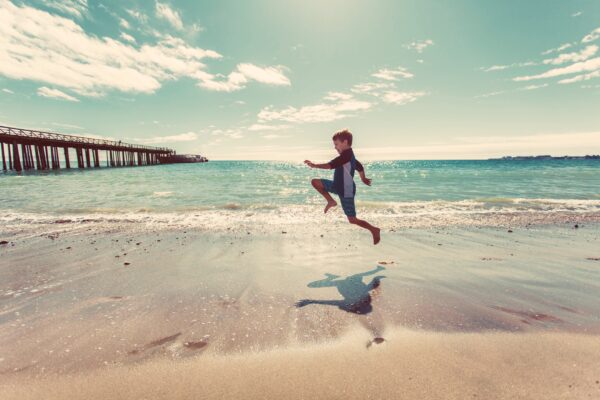
But wild adventures don’t have to be life and death to be meaningful. Walking the length of a log without falling off is its own triumph. Put that log 2, 3, or 5 feet off the ground and bump up the thrill of achievement. Try jumping across a narrow spot on a stream. Fail and you walk home with squishy wet socks and pruny toes; succeed and you walk home with dry feet and a smile on your face.
Hunting and fishing or gathering nuts, berries, or mushrooms in the woods bring their own brand of confidence. Want to grow your confidence? Grow a garden. Invest yourself in a very real way in keeping yourself (and your family) alive by planting, tending, and then gathering up your own food.
Make Social Connections
It’s not immediately obvious, but being outdoors offers social connections. Opportunities to work together on an outdoor project cultivate a spirit of cooperation. Fallen logs are too heavy to be moved on their own. One person catches the fish while another builds the fire to cook over, but both jobs are necessary.
Visit a farmer’s market and you’ll soon strike up conversations with vendors. Do this for several weeks in a row and soon you have new friends you’ll look forward to seeing … and it’s all brought to you by the great outdoors.
Promote Learning
Take it from a veteran homeschool mom—being outdoors is the ultimate educational experience. In fact, many of our best learning moments took place outside. A life outdoors promotes curiosity and the learning of new words and concepts. Being outside nurtures creativity and imagination; it encourages risk-taking and independence.
Why is the sky blue? Why are rainbow colors always lined up the same way? Why don’t earthworms have eyes? Why do hummingbirds hum? What does pileated mean? Why is the sand at the bottom of the sandbox cooler than the sand at the top? Why do flowers smell different? With so many curious, interesting things around them, kids learn without even being aware they’re learning.
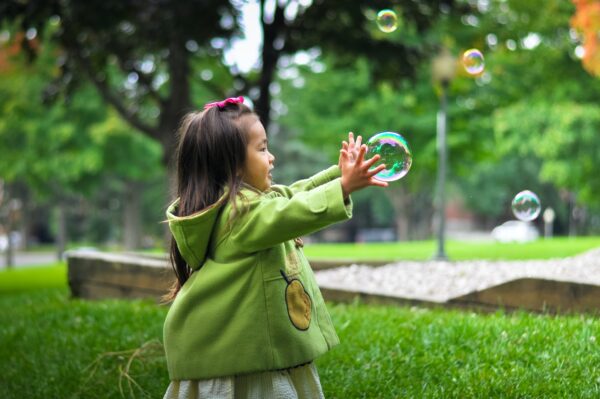
Creativity and imagination take flight as leaves become boats carrying cargoes of dandelion flowers. Trees become houses with leafy roofs. A fallen log becomes a mighty train headed down the rails to adventure. Outdoors, people learn about the interconnectedness of the natural world and its inherent complexities. Fisherfolk protect the rivers, lakes, and streams that serve as homes for trout, bass, crappie, and catfish. Hunters conserve the homes where the deer, elk, bison, and antelope roam.
Working to achieve that indoors-outdoors balance, Ginny Yurich, founder of 1000 Hours Outside, and her family decided to make a conscious effort to spend more time outdoors … like 1,000 hours each year. Yurich ended up starting a movement (www.1000HoursOutside.com), promoting the benefits of spending large quantities of time outdoors. Whether you’re a city dweller or country through and through, whether you spend 1,000 hours outdoors or something less, time spent outdoors is good for the soul. Because being outside really does change everything.
Gina Prosch is a writer, home educator, life coach, and parent located in mid-Missouri. She is the author of “This Day’s Joy” and “Finding This Day’s Joy,” both of which are available at Amazon. Find her online at GinaProsch.com or TheHomeschoolWay.com. She also co-hosts The OnlySchoolers Podcast (OnlySchoolers.com).

